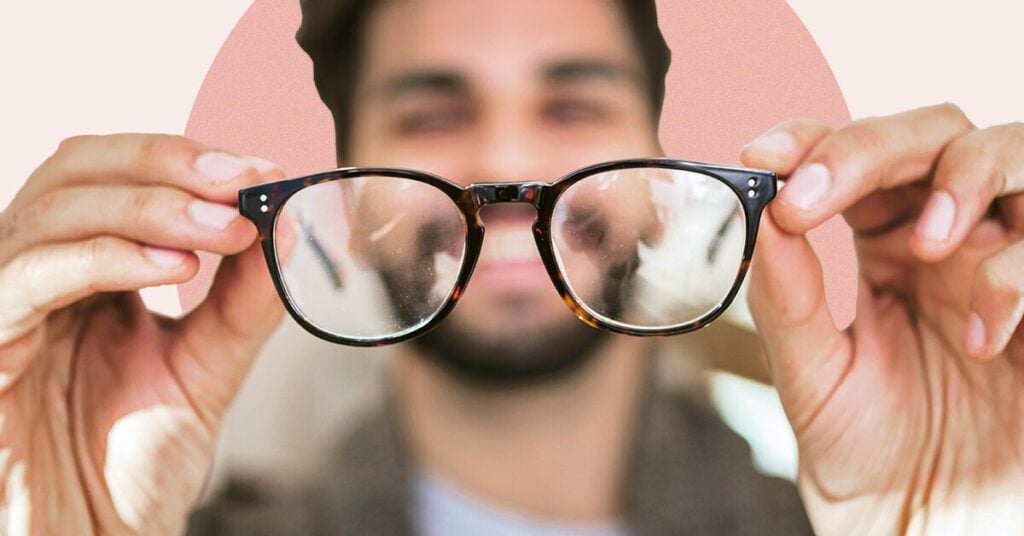Eyeglasses are typically used for vision correction; however, on occasion, they are used for cosmetic purposes without specialized lenses. There is a running theory that glasses actually help politicians get votes. But how is this possible?
Even though many politicians try to avoid wearing eyeglasses because they believe it makes them look less attractive, according to a study, wearing them actually increases a political candidate’s electoral success.
Who Invented the First Pair of Eyeglasses?
At around 1284, a new invention was developed to help people see better. They were called eyeglasses. Salvino D’Armate, a man from Florence, is credited with inventing the first pair of wearable glasses.
The first frames had no temples and sat atop the wearer’s nose, often held in place with the wearer’s hand to keep them stable. The temples were not created until the 1600s. The early glasses had convex lenses that could be used to correct farsightedness and presbyopia, which often came with age. Nearsightedness glasses were not invented until after the 1600s. (Source: Glasses USA)
Did You Know That Americans are More Likely to Vote for Politicians Who Wear Glasses?
According to a new study published in the journal Social Psychology, wearing spectacles can help political candidates win more votes.
In the research conducted, appearance can influence election success. However, most studies focused on general appearance like who looks more competent. If specific features were examined, they were mostly unchangeable, for example, the shape of the face.
In contrast to that, we were interested in whether glasses, a specific feature that politicians could easily change, could also have an impact on election success.
Alexandra Fleischmann
The researchers found that participants from the United States were more likely to vote for politicians when they wore glasses. Glasses positively influenced both liberals and conservatives, but it was most effective with liberal participants.
However, the beneficial effect of glasses was influenced by situational factors. Participants favored candidates wearing glasses after being told that the country’s most pressing issue was complex legislative issues.
Nevertheless, the positive effect vanished when participants were told that the most serious problem was an attack from a neighboring country.
Glasses seem to make you look more competent and intelligent, but less dominant. As competence is very important for election success, people seem to vote for politicians wearing glasses more.
Alexandra Fleischmann
However, these findings did not apply to Indian participants. According to Fleischmann and her colleagues, this could be due to differences in cultural stereotypes about glasses.
We found it very interesting that glasses did not help politicians in India. While Indian participants also cared for intelligence in their politicians, they simply did not associate glasses with intelligence — potentially, because glasses are rarely worn in India in contrast to the U.S. or other Western countries.
Alexandra Fleischmann
Fleischmann also elaborated on this point, saying that the participants in the study did not know much about the politicians except for how they looked. They also knew that this was just a random survey and it would not have any effect in the real world.
We, therefore, measured the pure effect of glasses, and this effect might be less strong in real elections. Of course, it would be interesting to study the effect in a real election, though the random assignment of glasses to politicians would not be possible there.
Alexandra Fleischmann
(Source: Psypost)
